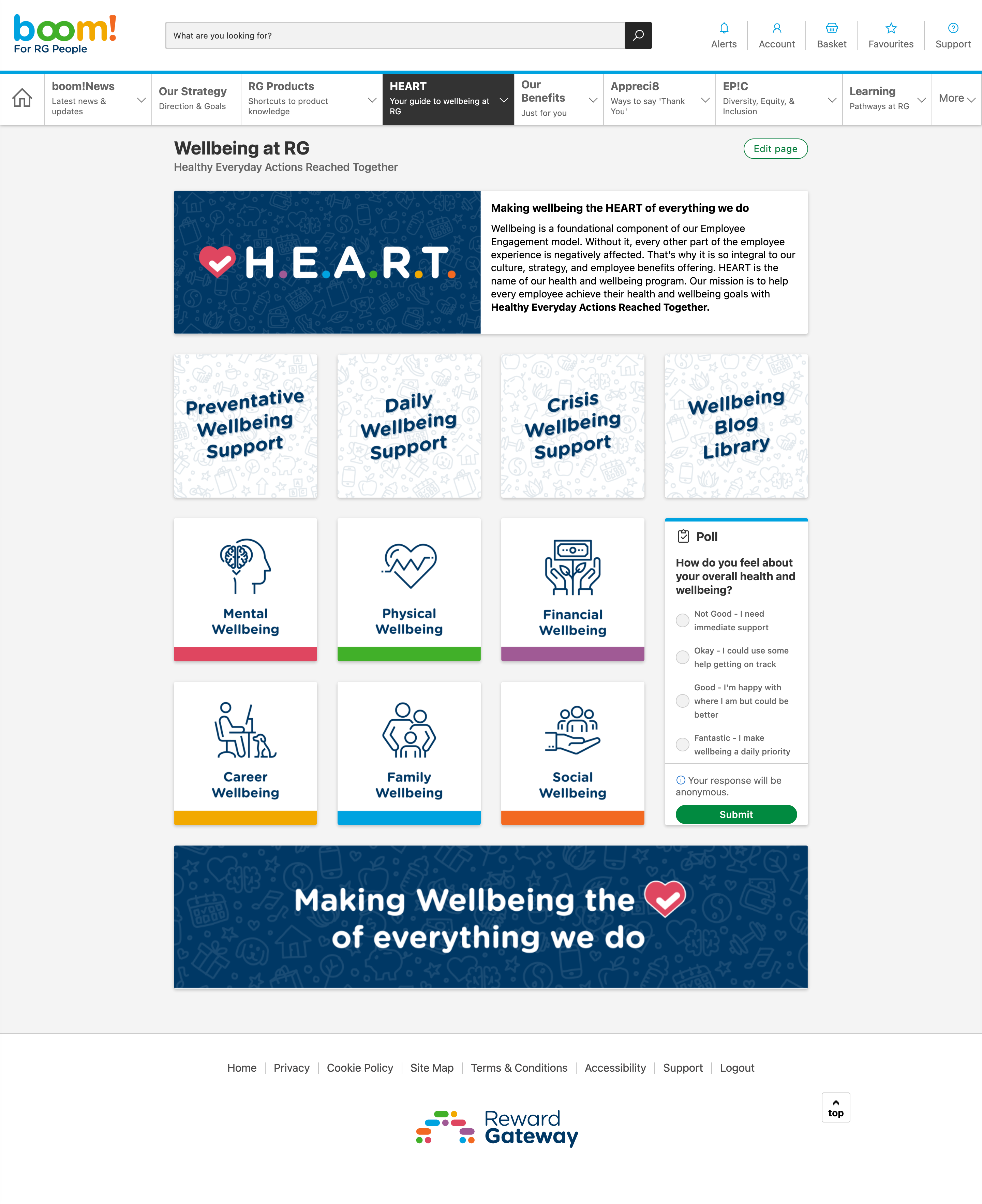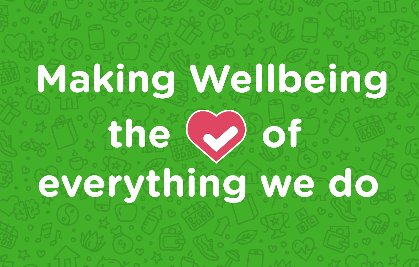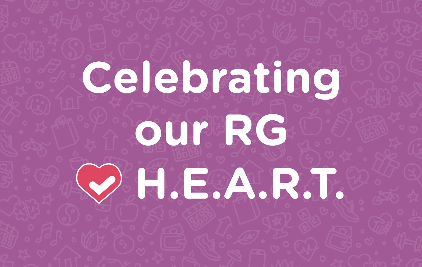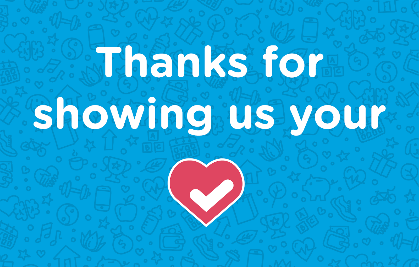
69% of employees agree that their wellbeing would improve if people were thanked more

This article was produced in partnership with Reward Gateway.
What’s the difference between a good culture and a great one? It’s the art of recognition. Since the pandemic, employee expectations have shifted, with many employees showing an increased need to feel valued, appreciated and supported by their employer. In times of high stress and constant change, employers that have successfully engaged their people have put in place more personalized and flexible models, particularly when it comes to reward and recognition, and the face of wellbeing.
Speaking with Klara Owens, Internal Communications and Employer Brand Manager at Reward Gateway, she tells HRD that the link between retention and recognition in wellbeing is something employers cannot afford to ignore – especially in today’s tight talent market.
“Our research found that 69% of employees agree that their workplace wellbeing would improve if people were thanked more,” says Owens.
“Those who rated recognition as poor were way more likely to be frequently stressed than those that rated recognition as excellent. It is clear that a simple thank you can make all of the difference, but it doesn't stop there. You can also use recognition as a way to celebrate employees for taking positive strides toward their individual wellbeing.”
At Reward Gateway, they understand the importance of showing appreciation. So much so that they’ve launched their own exclusive HEART Awards and eCards to recognize employees who’re committed to advancing both their own wellbeing and that of their teams.

“Each nominee received a monetary award for their contributions, and the messages were circulated on employee blogs for increased exposure,” says Owens. “Not only does the visibility of these actions provide motivation for others to get started, it also helps us build a culture where wellbeing is at the HEART of everything we do.”
According to Owens, these awards were given to employees across a wide range of actions including;
And that correlation between regular rewards and retention is really coming to the forefront in 2023. Since the pandemic, reward and recognition has gone from a “nice to have” to a strategic necessity, an invaluable tool in enhancing engagement – particularly in hybrid models.
“Wellbeing is core to employee engagement,” adds Owens. “We know that without it, every other part of the employee experience is negatively affected, and that’s why it is so important to make it integral to your culture, strategy, and employee benefits offering. Visibility of your employee wellbeing programs at the start of the employee lifecycle is a great way to stay ahead.
“Think of how your benefits support your employee wellbeing and bring that to the forefront of your EVP and initial candidate conversations. How are you going to ensure wellbeing is at the heart of their experience?”
At Reward Gateway, it all comes back to their core strategy of HEART, which stands for Healthy Everyday Actions Reached Together. Owens tells HRD that they have core principles on which they’ve built their platform – hoping that it inspires their employees to make a plan, get started, and achieve their wellbeing goals, while simultaneously connecting them to other RGers with a culture wellbeing through collaboration and gamification.



And if there was ever a time to invest more in your wellbeing platforms, it’s now. The ongoing talent shortage coupled with cost of living concerns is making for an uncertain economic outlook, something that’s triggering anxiety in workers. According to Reward Gateway’s “Trends to Help HR Leaders Navigate Change in 2023” 70% of employees say they have suffered lasting negative effects from the last few years of change and uncertainty.
“The biggest impact?” questions Owens. “Thirty one percent said it was to their wellbeing. With over half sharing they frequently experience stress at work, and four in five saying workplace burnout has an impact on their overall mental health and wellbeing.”
So, when you consider that 67% of employees surveyed by Reward Gateway would like to be rewarded and recognized more for their hard work, the message is clear. 2023 is the year of rewarding wellbeing - and for employers looking to not only thank their existing talent but also attract new candidates, there’s little more effective or more appreciated than some timely recognition.
To learn more about how Reward Gateway connects, recognizes and supports employees across the globe, visit the Reward Gateway website.